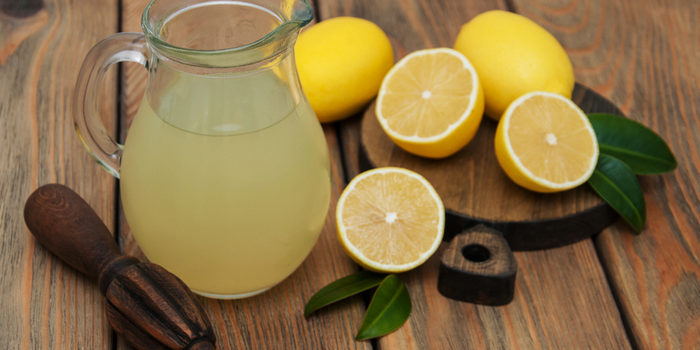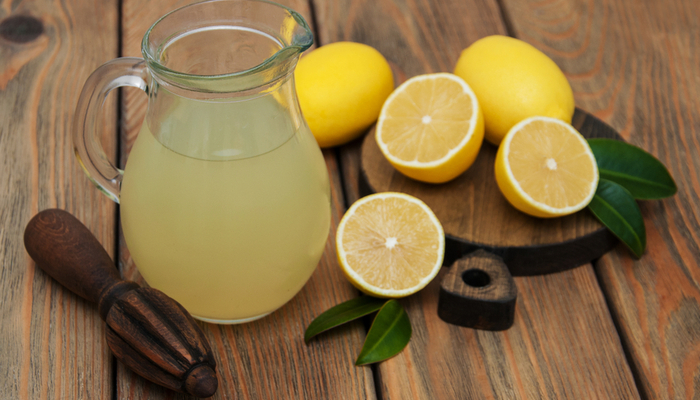


Everyone’s heard of juice cleanses. Proponents of these juice cleanse (or “master cleanse”) diets proclaim that they help you to burn fat quickly, and that they somehow “cleanse” your system of residual “toxins”. The question we have is: are these the real deal? Do they actually work to help you lose weight, and do they really have these cleansing properties? Let’s look at the science behind these cleanse diets.
Lemon Juice Cleanse
The Diet
First, let’s look at the diet in question and ask a few questions about it. Firstly, what is the diet? In short, the lemon juice cleanse is just that: a juice fast wherein the practitioner eats no solid food for ten days and ingests only a sweetened lemon juice concoction. This is pretty much par the course for any fast-based diet.
There are also some variations on this diet that have you ingest saltwater and some laxative teas. These inclusions are ostensibly for the “cleanse” portion of the juice cleanse, though their efficacy is… debated, to put it nicely.
Easing in and Out
It’s not recommended that you just jump headlong into a liquid fast. Doing so would be very taxing on your system. Instead, start by cutting out processed foods, alcohol, caffeine, meat and dairy. (If you’re really down for long-term weight loss, stop here!) The next day, cut out solid foods and move to smoothies and broths. The day after, drink only orange juice and the lemon concoction.
The Master Cleanse’s creators then recommend you stay on the diet for between 10 and 40 days, though there is no research to back up this time table. Reverse the way you eased into the cleanse when you’re finished, introducing other items back into your diet.
Weight Loss
For those wondering, yes, going without solid food for ten days is doable, and it’s not necessarily bad for you. However, it’s also not exactly good for you: regularly taking in vitamins and minerals and other nutrients is better than fasting. However, fasting is technically better for you than eating a bunch of junk food for ten days. That said, ideally, you should just be eating stuff that is good for you.
In short, this diet is technically a good way to lose weight in the short term. This goes for any fasting: you’ll likely see pretty quick results, as your body goes into survival mode and starts burning your fat. Here’s the catch: without proper nutrition and exercise, when you start eating normal food again, you’re going to gain that weight back just as fast.
Removing “Toxins”
One of the biggest selling points of any “cleanse” diet is their claim to be able to remove “toxins” from your body. Here’s the thing: if there are toxins in your body, you’ve got problems that some lemon juice isn’t going to fix, you need to be in a hospital. Your body isn’t just loaded full of toxic gunk, even if you’re normally eating junk food. Your liver is really good at neutralizing toxins, and does so every day.
In fact, the only diets that can purport to have any effect on toxins are those that bolster the liver’s ability to neutralize them. These diets tend to incorporate things like seaweed and cruciferous vegetables, and are largely backed by scientific research. “Cleanse” diets, on the other hand, have no such properties. They’re more accurately referred to as “juice fasts,” as they have no proven ability to cleanse the body of anything aside from a higher calorie intake.
Should You do the Master Cleanse?
No, probably not. It’s not very good for you, and you’ll probably just feel dizzy and gross for the duration. You might lose a few pounds from not eating anything, but then you’re going to gain that back when you get off of this crazy diet. Instead of this diet, consider just eating healthier foods and exercising! It’s a tried and true health routine.










